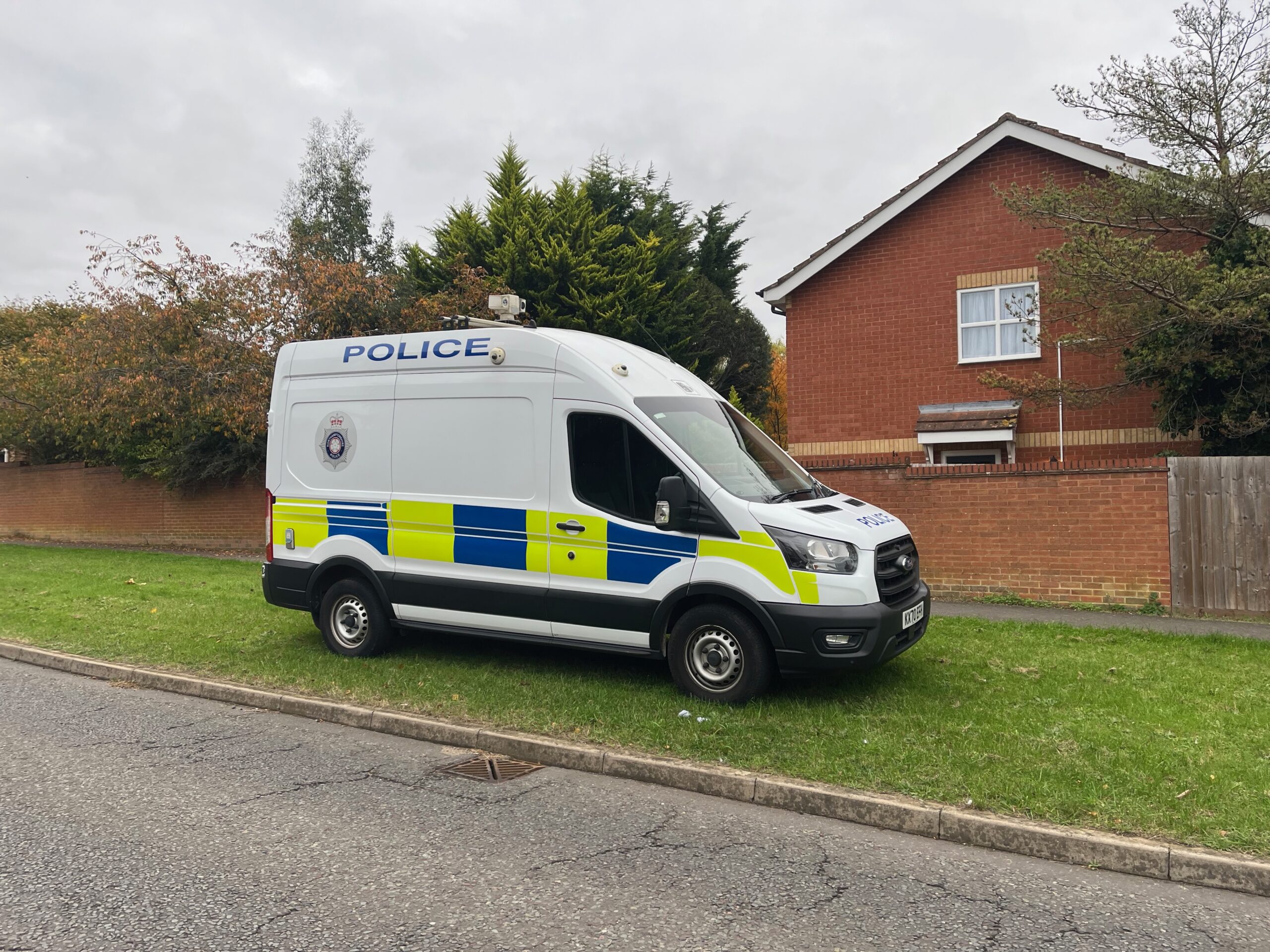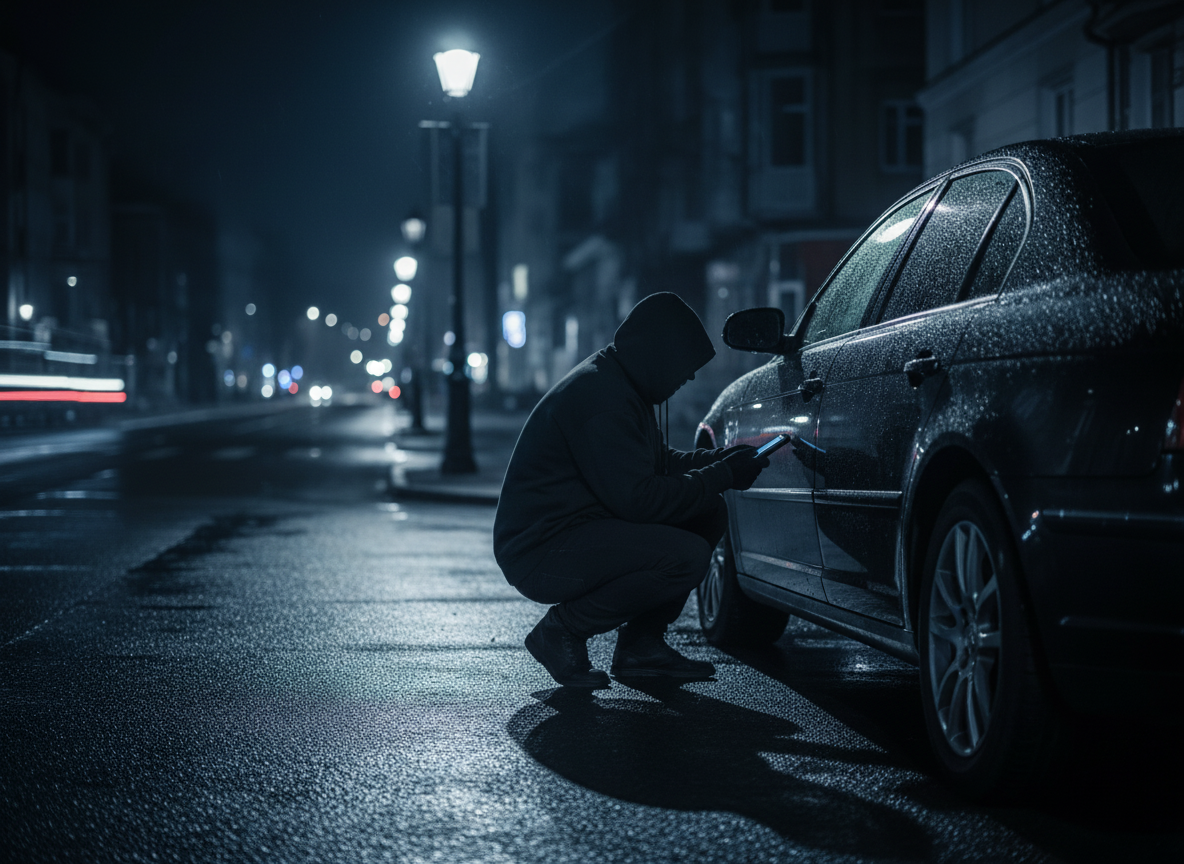Speeding is down. Convictions are up.
How does that compute? There has been a increase of people attending a Speed Awareness Course (SAC) and those that have been issued a Fixed Penalty Notice (FPN). As a result of an increase of permanent and temporary speed detection devices such as cameras, roadside detector vans and onboard devices in police vehicles on UK roads, more people appear are getting caught. Conversely the number of people speeding has reduced year on year except in 2020 when the COVID pandemic skewed figures.
Detection is getting smarter and more stealth. More camera devices are attached to lamp posts. Stealth vans now exist in some counties. These are shod in a plain grey paint job, with no police markings evident. The only visible indication is the van’s circumstantial parking in a known speed van spot and an open rear window for the camera.
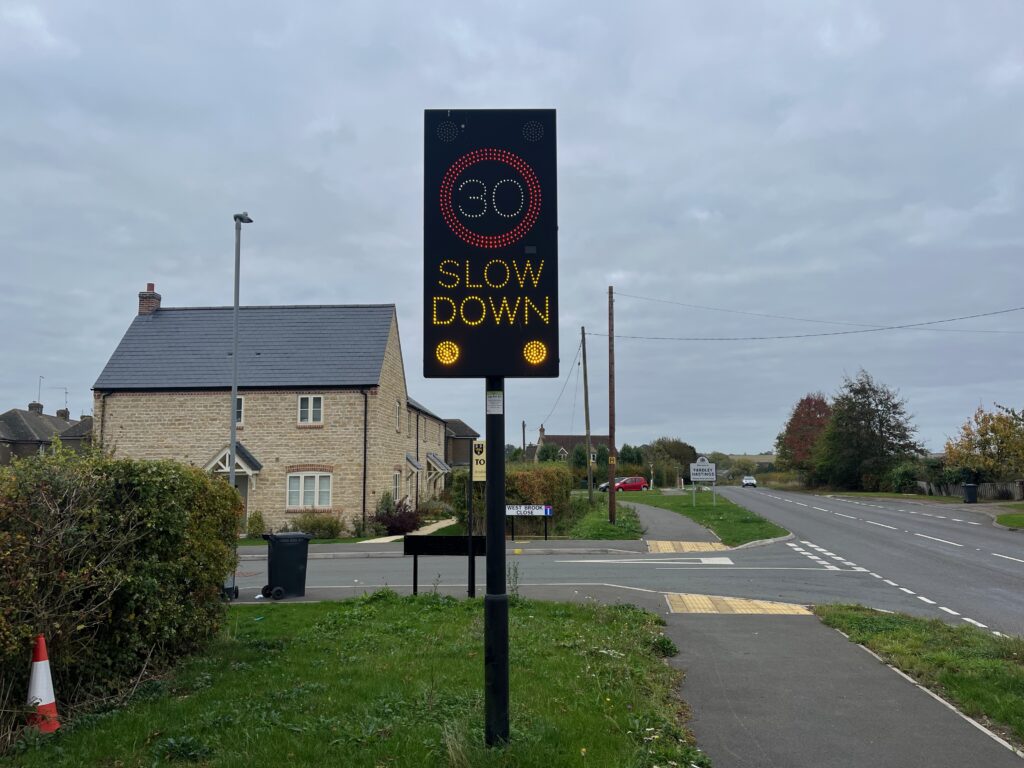
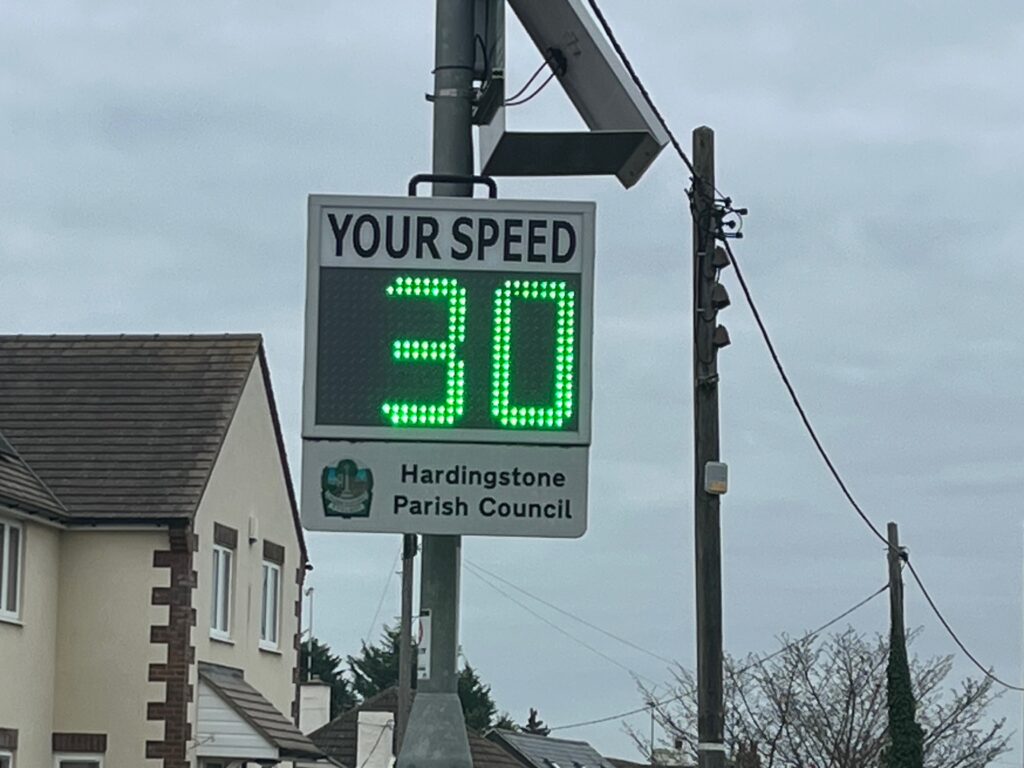
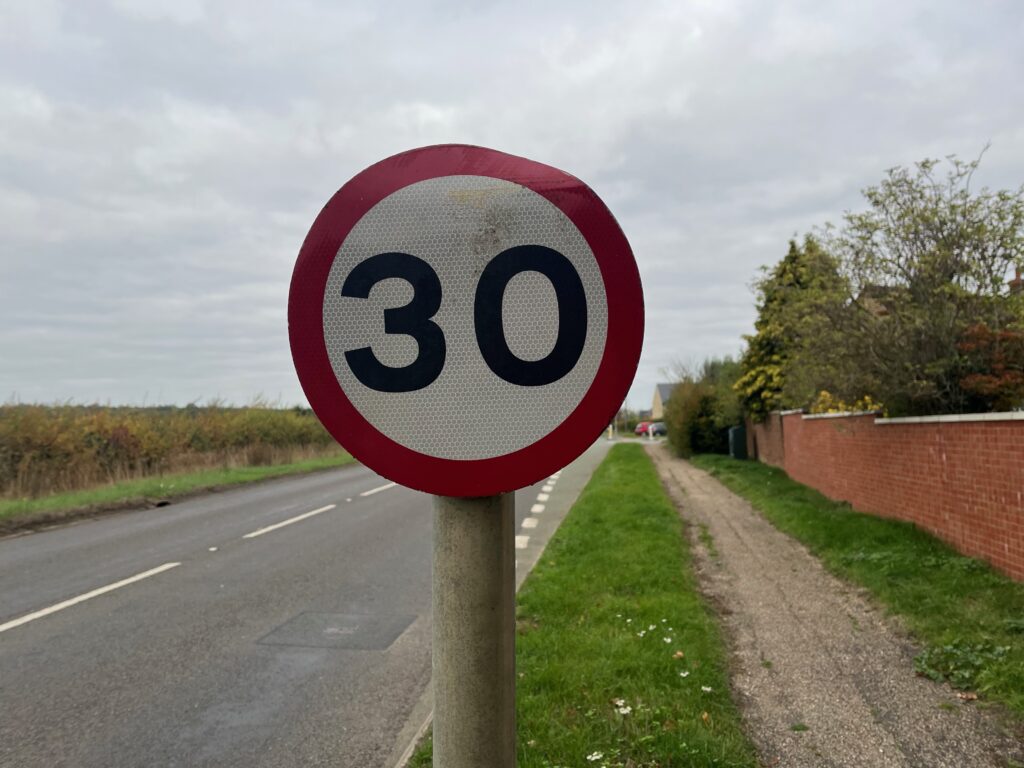
I was a naughty boy in the summer driving through an unfamiliar to me Hammersmith, London looking for a car park. I drove through an 20mph zone at some point at 27mph. I should have been more aware, however, I didn’t realise I had gone over the limit as I was too busy looking for parking and watching the pedestrians for those who wish to cross this speed restricted road. Ironically, as the traffic is slower, some humans appear to take the opportunity to randomly cross without warning.
I duly opted to attend a SAC when I was caught speeding. There was an option of taking the SAC online where you have you computer’s camera on making sure you are giving your full attention whilst the course is running. The alternative option was a classroom visit for 3 hours. I’m very well used to sitting in front of a screen for many hours in my work and am probably a victim of too much screen time, so I opted for the more sociable classroom choice.
On arrival at the designated hotel conference room, I noticed that 75% of the attendees were of a mature age. This I put down to a large proportion of this demographic not being tech savvy or wishing to connect to the online course. The classroom being a more friendly option.

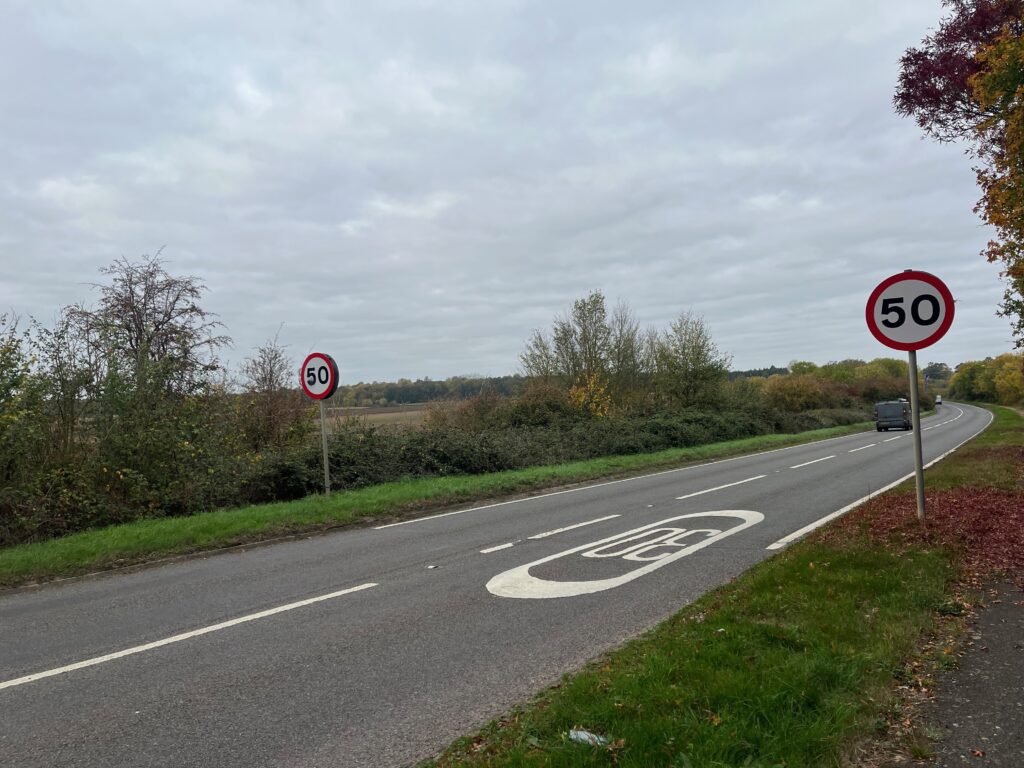
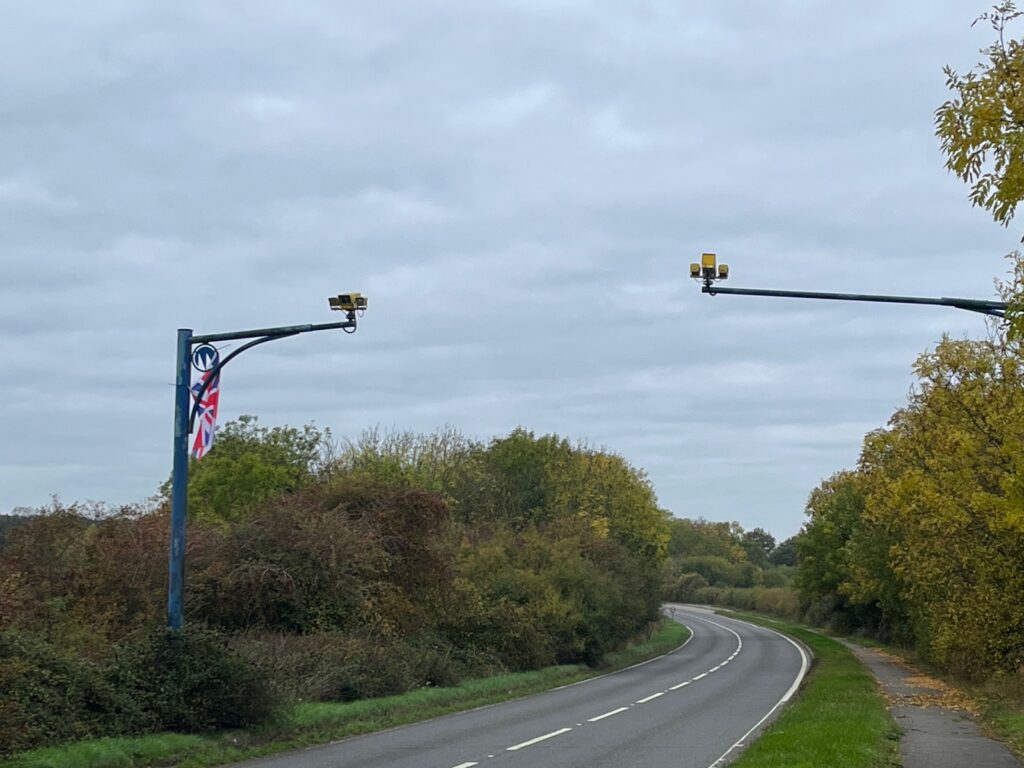
We all sat down and wrote our names on individual display cards – this was for the tutors to address us, and the class began. The gentleman that was sitting next to me was in defence mode. As the tutor handed him a printed form to use on the course, the anxious individual asked if anything written on it would end up on a database somewhere. The tutor assured the fellow that the forms would not be collected and were free to take home.
An interesting education correctly identifying speed limits (when not always immediately obvious) I found that the three hours with a couple of breaks went swifty. Interestingly the tutor asked who in the classroom has refreshed there Highway Code knowledge in the years since they passed their test. The classroom was silent. (I actually refreshed myself on updates and new rules brought in before Covid as I was having advance driving lessons), but I kept quiet. The Highway Code is readily available for sale in many supermarkets, book shops and online. The price car vary slightly but its around a fiver – less than a pint of lager!
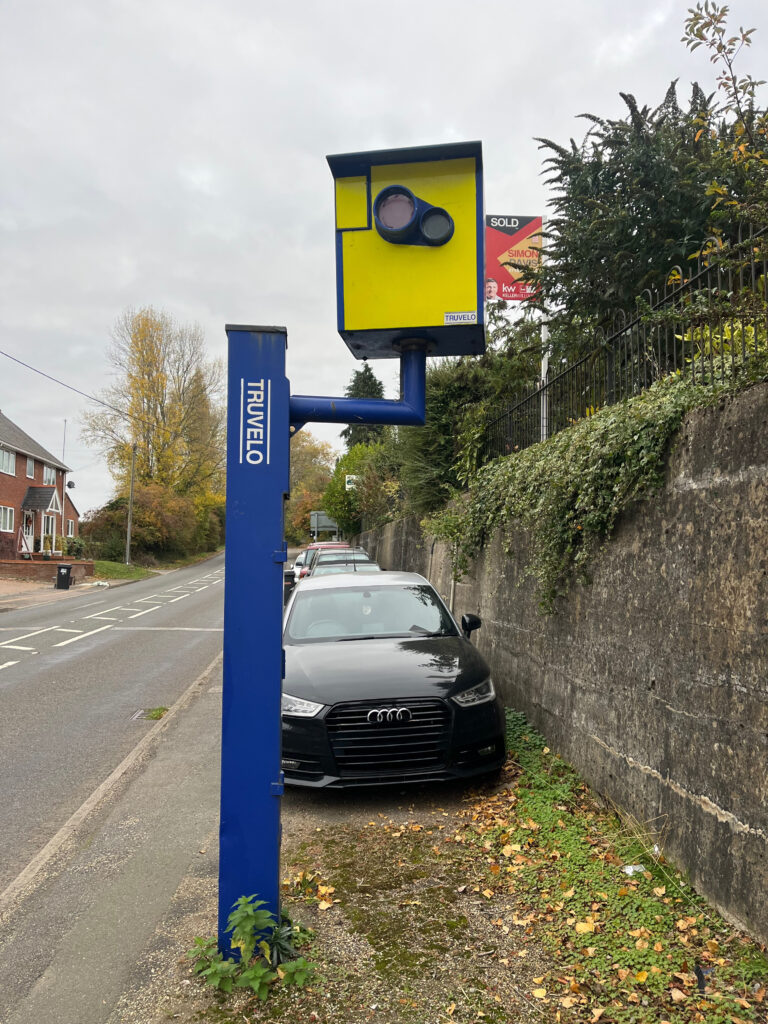
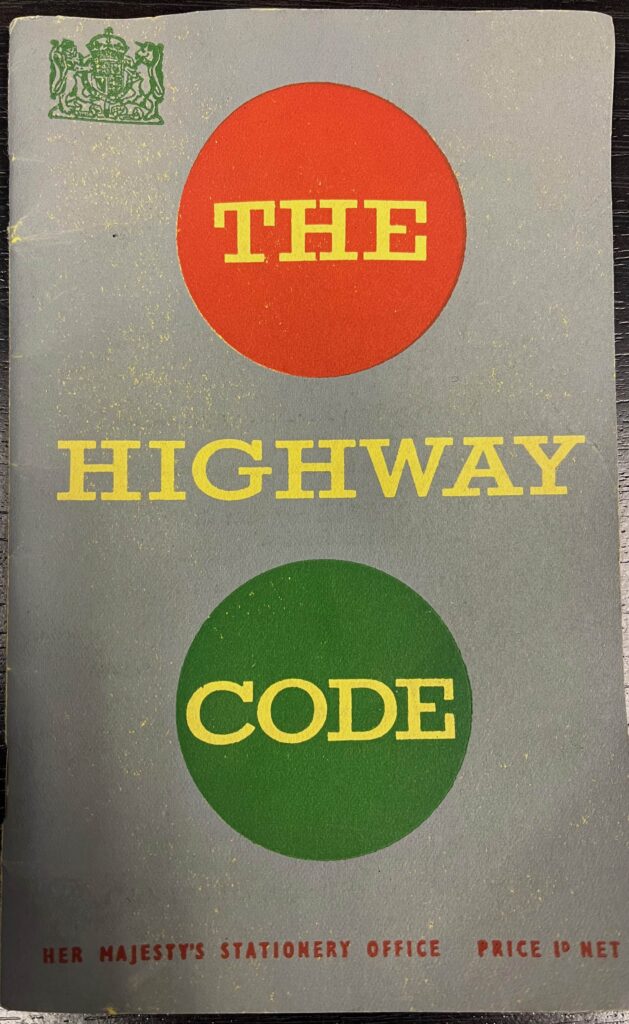
With the extra knowledge of the negative implications of speeding, how many of the classroom folk will speed again? Will I speed again? Possibly and possibly. Today’s vehicles are more than capable of exceeding speed limits in a leisurely manner. It really is up to the driver to more observant and not get too comfortable cruising along breaking the highway rules. As a IAM Roadsmart advanced driver, I was taught to make good progression but in a safe manner. The problem is say a drive on the motorway in ideal environmental conditions, dry roads, daylight, and no hazards, illegally driving at 80mph in a modern car may seem no big deal. We have road cars now that can attain 200mph. That’s mad. Drivers are still in control (just about currently, with the advent of automation and autopilot features pending).
So, we need to keep aware of our actions or face speeding points and raised insurance premiums, then maybe the convictions will reduce in the next round of published statistics.

